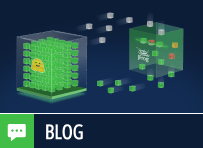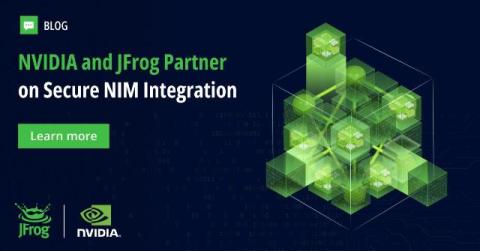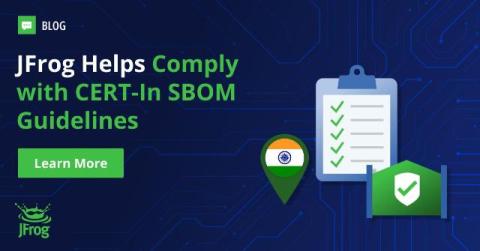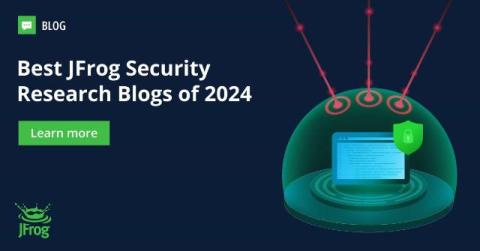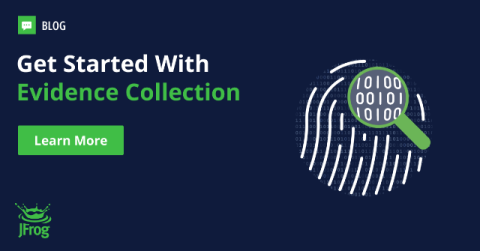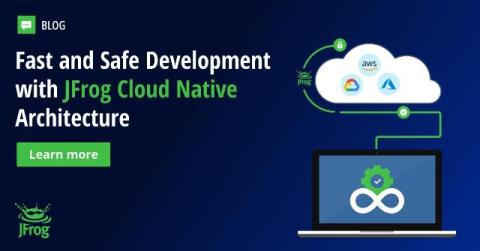JFrog and Hugging Face Join Forces to Expose Malicious ML Models
ML operations, data scientists, and developers currently face critical security challenges on multiple fronts. First, staying up to date with evolving attack techniques requires constant vigilance and security know-how, which can only be achieved by a dedicated security team. Second, existing ML model scanning engines suffer from a staggering rate of false positives.


